We try to keep our GP appointments for patients with more serious health problems.
Self care
If you have a cough, cold, headache or other minor ailment try treating yourself at home first. Find out more about treatments for common minor ailments.
Please remember that self-care for common conditions can help free up our GPs’ time, making it easier to get an appointment when you have a more serious condition.
Your pharmacist can help too
Pharmacists are highly trained health professionals and can give you confidential health advice for a range of common illnesses and complaints.
Don’t wait for a GP appointment for coughs, colds, aches and pains. Just call your local pharmacy a call or drop in – there’s no need to make an appointment.
Your pharmacists can also help you decide if you need to see a doctor or nurse.
Click here for more information about how pharmacies can help you.
NHS 111
111 is the free NHS non-emergency number.
You should use the NHS 111 service if you urgently need medical help or advice but it’s not a life-threatening situation.
Call 111 if:
- you need medical help fast but it’s not a 999 emergency
- you think you need to go to A&E or need another NHS urgent care service
- you don’t know who to call or you don’t have a GP to call
- you need health information or reassurance about what to do next
Click here for more information about how NHS 111 can help you.
A&E
A&E is for life-threatening accidents and emergencies only. Before you go there, ask yourself, “Is it a real emergency?”
If not, please consider using other local health services before you visit A&E.
Sepsis
Sepsis is an emergency medical condition where the immune system overreacts to an infection. It affects people of all ages and, without urgent treatment, can lead to organ failure and death. The numbers are staggering – 245,000 people develop sepsis every year in the UK, and 48,000
die. That’s 120 lives lost to sepsis every single day! But, crucially, sepsis is often treatable if caught quickly, so it’s really important to be Sepsis Savvy and to just ask: ‘could it be sepsis?
SYMPTOMS IN ADULTS
Any adult may have sepsis if they
show any of these signs:
Slurred speech or confusion
Extreme shivering or muscle pain
Passing no urine (in a day)
Severe breathlessness
It feels like you’re going to die
Skin mottled or discoloured
SYMPTOMS IN CHILDREN
Any child may have sepsis if he or she:
• Is breathing very fast
• Has a ‘fit’ or convulsion
• Looks mottled, bluish, or pale
• Has a rash that does not fade
when you press it
• Is very lethargic or difficult to wake
• Feels abnormally cold to touch


